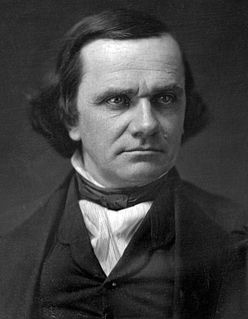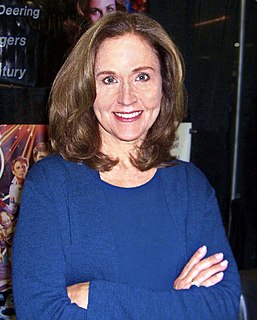A Quote by Chris Abani
Since I hold no judgments against my characters, no matter how heinous they might seem, I present them as real people with their own moral centers. We might feel those moral centers are mis-calibrated, but they are there and are the rudders that propel them. This makes reading my work a visceral roller coaster, 'cause the reader must embark on the journey of the protagonist equipped only with his or her own moral center.
Related Quotes
Let's just call things what they are. When a man's love of finery clouds his moral judgment, that is vanity. When he lets a demanding palate make his moral choices, that is gluttony. When he ascribes the divine will to his own whims, that is pride. And when he gets angry at being reminded of animal suffering that his own daily choices might help avoid, that is moral cowardice.
For the first time in her life Granny wondered whether there might be something important in all these books people were setting store by these days, although she was opposed to books on strict moral grounds, since she had heard that many of them were written by dead people and therefore it stood to reason reading them would be as bad as necromancy. Among the many things in the infinitely varied universe with which Granny did not hold was talking to dead people, who by all accounts had enough troubles of their own.
I am now speaking of rights under the Constitution, and not of moral or religious rights. I do not discuss the morals of the people of Missouri, but let them settle that matter for themselves. I hold that the people of the slaveholding States are civilized men as well as ourselves, that they bear consciences as well as we, and that they are accountable to God and their posterity and not to us. It is for them to decide therefore the moral and religious right of the slavery question for themselves within their own limits.
A belief in moral absolutes should always make us more, not less, critical of both sides in any conflict. This doesn't mean that both sides are equally wrong; it means that since we all fall short of moral perfection, even the side whose cause is truly righteous may commit terrible acts of violence in defense of that cause -- and, worse, may feel quite justified in committing them. That is the difference between being righteous and being self-righteous. Moral standards are absolute; but human fidelity to them is always relative.
I feel that, in a sense, the writer knows nothing any longer. He has no moral stance. He offers the reader the contents of his own head, a set of options and imaginative alternatives. His role is that of a scientist, whether on safari or in his laboratory, faced with an unknown terrain or subject. All he can do is to devise various hypotheses and test them against the facts.
Man, no doubt, owes many other moral duties to his fellow men; such as to feed the hungry, clothe the naked, shelter the homeless, care for the sick, protect the defenseless, assist the weak, and enlighten the ignorant. But these are simply moral duties, of which each man must be his own judge, in each particular case, as to whether, and how, and how far, he can, or will perform them.
By abrogating all moral standards in their war against Israel, Arab and Muslim leaders initiated a process of moral collapse that has ended by soaking their own societies in blood. The terror they intended to inflict only upon others has rebounded with a hundred times greater horror upon their own lands.































